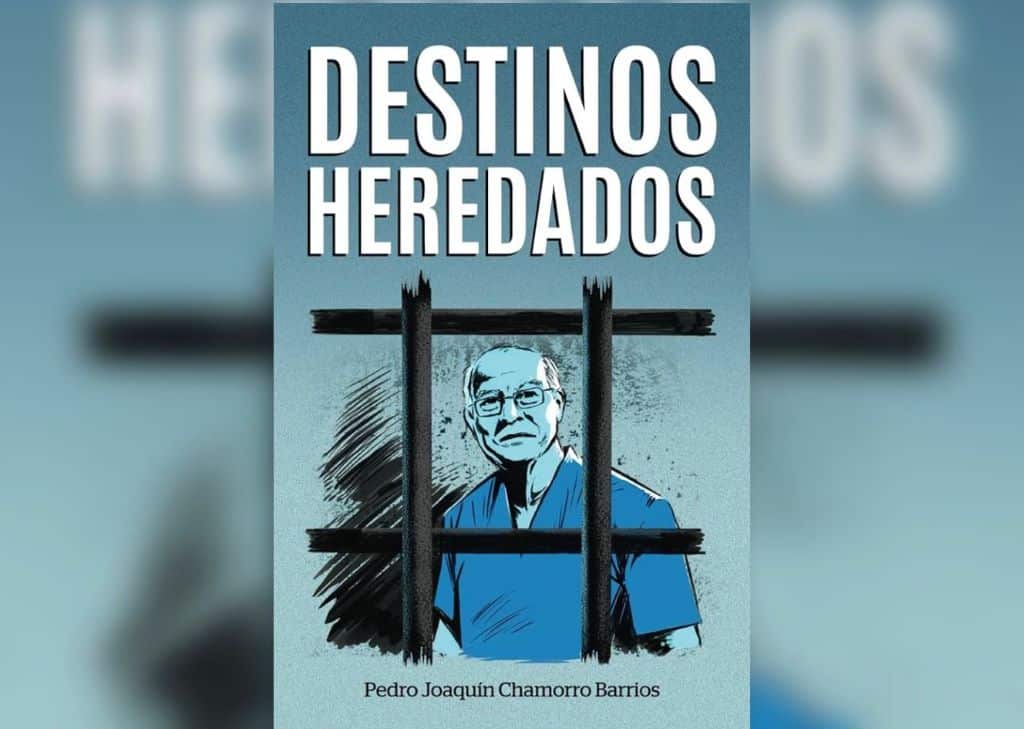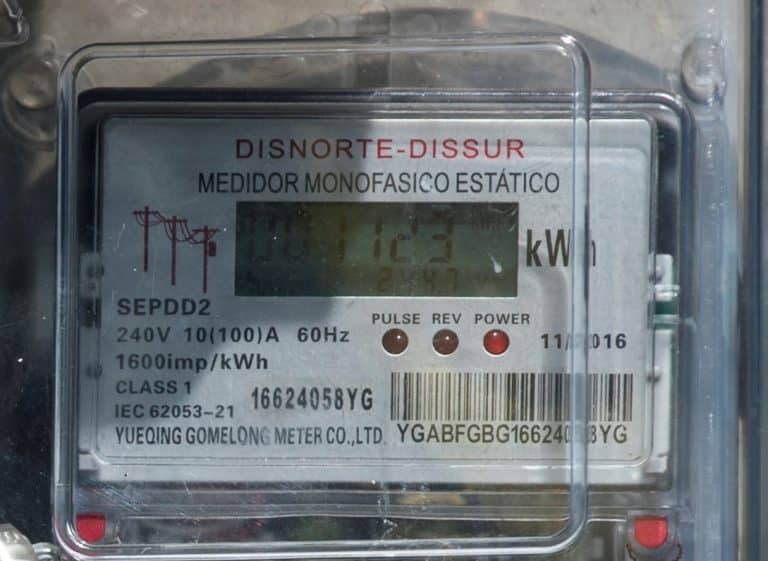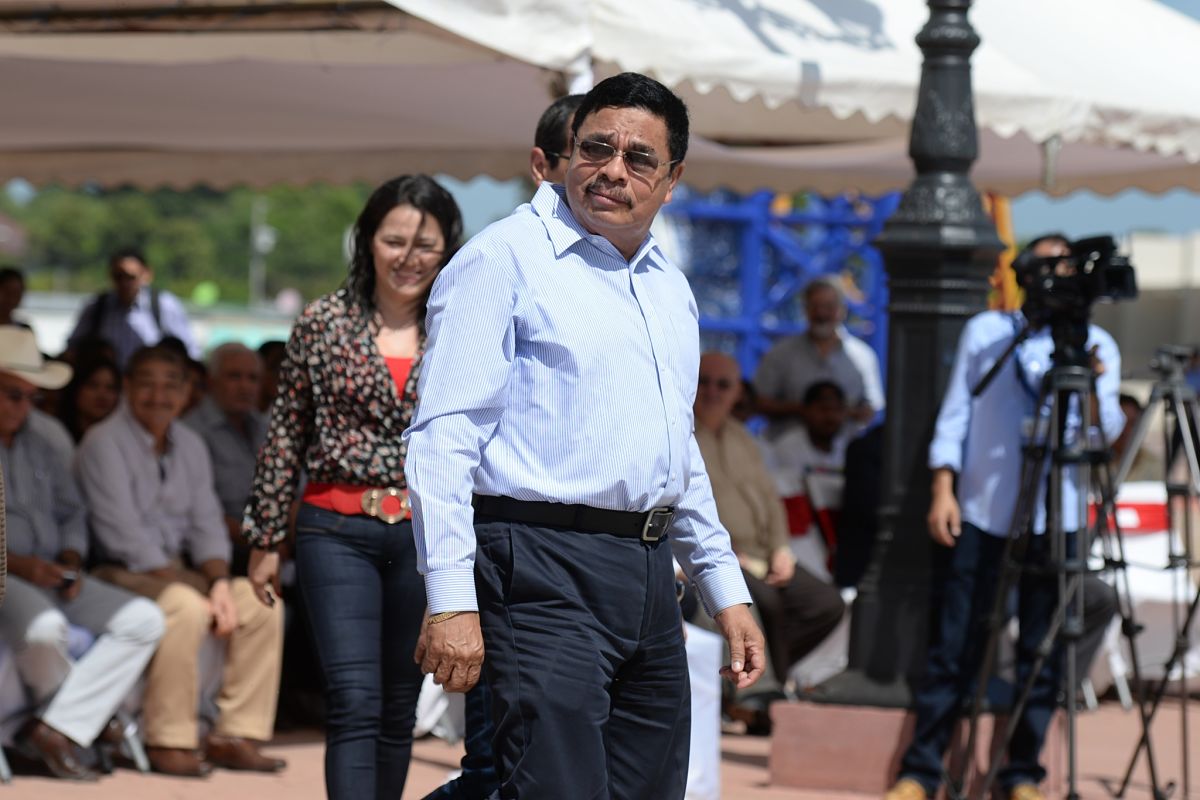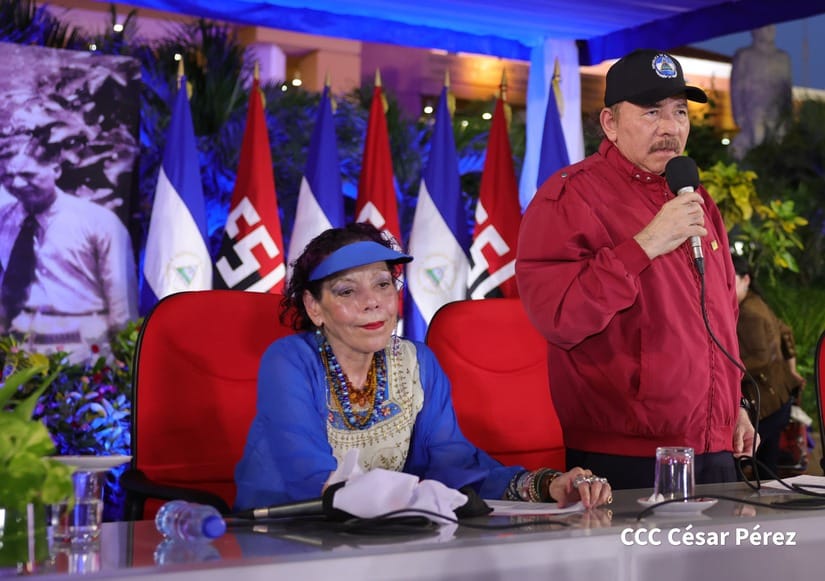2 de julio 2024

Inherited Destinies: The Resistance of Nicaraguan Political Prisoners

PUBLICIDAD 1M
PUBLICIDAD 4D
PUBLICIDAD 5D
Tirso Celedón, president of Agronegocios Comerciales, is the Ortega-Murillo family's main figurehead in energy and real estate businesses.

Ilustración: CONFIDENCIAL
Agronegocios Comerciales SA (Commercial Agribusinesses, in English), a front company presided over by private businessman Tirso Celedón Lacayo, was the vehicle used by the Ortega-Murillo family in 2013 to acquire the state-owned electricity distribution companies Disnorte and Dissur, valued at US$140 million.
In February 2013, Disnorte and Dissur were acquired from Fenosa Natural Gas by two Spanish companies, TSK and Melfosur, who formed a consortium to execute the transaction. Both companies were dedicated to the construction of electrical substations, but neither had any experience in the distribution business.
In fact, the energy distribution business passed into the hands of Agronegocios Comerciales SA, a corporation whose president and main shareholder is Tirso Celedón, a businessman and architect who acts as a frontman for the private businesses of the presidential couple, moving hundreds of millions of dollars of Albanisa's capital, obtained from the anomalous diversion of Venezuelan governmental aid to Nicaragua.
The Daniel Ortega-Rosario Murillo dictatorship has blocked public access to the Commercial Registry, where the company's deed is registered. However, CONFIDENCIAL confirmed that the legal representative of Agronegocios Comerciales is the executive of Albanisa, Bernardo Aráuz, and that his address is Lomas de Monserrat Casa A-15, also owned by Albanisa.

At the beginning of 2013, the local subsidiary of Fenosa Natural Gas, complying with a previous decision of its Board of Directors, began to look for a buyer for 84% of the shares of Disnorte and Dissur, the companies responsible for the distribution and commercialization of electricity in Nicaragua.
The news of the sale surprised executives of the Nicaraguan electricity sector, but they were even more surprised to learn that the buyer selected was the TMI consortium, made up of the two small Spanish companies, TSK and Melfosur, dedicated to the construction of electrical substations.
A source that offers advice to companies dedicated to the electricity business recalled that neither TSK nor Melfosur were dedicated to managing distribution systems, either in Spain or in Nicaragua. Their expertise, he said, was limited to building electrical networks, like many other companies in the country, but "they were not owners, nor did they have experience in the management of electrical distribution companies dedicated to commercializing energy."

CONFIDENCIAL began investigating the mysterious sale of Disnorte and Dissur in 2012, detecting the first evidence that the real buyer was ALBA de Nicaragua SA, known as Albanisa, a conglomerate of companies under the control of the ruling family and created during the anomalous privatization of Venezuelan government aid to Nicaragua. In addition to the lack of experience of the newly created TMI, the consortium also lacked the financial muscle necessary for such a large endeavor.
"TSK-Melfosur was never the owner of the total shares of Disnorte-Dissur. They owned a minority, and they had a contract with the State to manage the distributor and to be the public face. The real administrator was Gustavo Acosta López of Albanisa, as the government delegate in the distributor," a source linked to Albanisa, who asked to remain anonymous, told CONFIDENCIAL.
The source went on: "The State held 16% of the shares, while the ultimate owner was Albanisa, through Agronegocios Comerciales SA, who controlled the remaining 84% of the shares."
Up until they appeared as owners of Disnorte and Dissur, TSK and Melfosur were two companies dedicated to the construction of electrical networks and substations. In fact, TSK only developed two projects in 2011: the 230 kV Sandino Masaya transmission line, and the Sandino substation and Masaya 230 Kv substation bay; and two others in 2012: the Anillo de Occidente 138 kV transmission line, and the 44 MW Eolo Wind Farm substation.
The situation improved substantially in 2013 and 2014, when the company was awarded six projects in total. Then, in 2014, it was awarded the construction of three substations.

When asked who the ultimate owner of the energy distribution and commercialization companies is, an executive in the energy sector corroborated the assertions of the Albanisa source, saying that "Everyone knows, and everyone has known since 2012, that the real owner of Disnorte and Dissur is PDVSA [the Venezuelan state-owned oil and gas company], together with Albanisa." These entities simulated the transaction so that TMI would appear as the buyer of the two companies.
"If you put in zero dollars, and everything you use to buy something is lent to you by someone else, the real owner is not you," the energy executive explained. He said this was the financial engineering strategy used by the conglomerate owned by the ruling family to acquire the two electricity distributors.
The executive recalled that at the beginning of 2020, it became known that TMI was no longer the owner of Disnorte and Dissur and that Albanisa continued to have financial control through the sanctioned treasurer of the ruling Sandinista Front and vice-president of Albanisa, Francisco "Chico" López.
"I would assume they converted that debt into company property from the moment it came out that the Spanish buyers were actually construction companies in Nicaragua who lent their names to the maneuver, nothing more," he said.
The executive added that both TSK and Melfosur are serious companies that operate in other geographical regions but in other activities. "They have never worked in distribution," he said.
The sale of Disnorte and Dissur involved a transaction of more than $140 million. After six weeks of negotiation, an agreement was reached for payment of $57.8 million plus the assumption of the company's debts, estimated at $85 million, in which the main creditor was Albanisa, the source said.
The Ortega-Murillo family used TMI to hide Albanisa's acquisition of the distribution companies from the private sector, given the now dual role as generator and distributor of electricity. The regime especially sought to hide it from the United States in order to evade Washington's policy of sanctions against companies and individuals on whom the regime relies to violate citizens' rights, including the right to free, fair and transparent elections.
In December 2020, the Sandinista-controlled National Assembly approved the "nationalization" of the totality of TSK's and Melfosur's shares in Disnorte and Dissur. This expropriation had no effect on the shareholding of the energy distributor since the legislation did not mention Agronegocios Comerciales SA, the real owner of the energy distributors.
When TMI disappeared from the equation in 2020, Disnorte and Dissur –which TMI "owned" on paper– had suspended payments to Albanisa for fear of being affected by sanctions administered by the U.S. Treasury Department's Office of Foreign Assets Control (OFAC). The distributors owed some $220 million to Albanisa.
A year earlier, in January 2019, the United States announced an executive order prohibiting "any transaction or dealings with Alba de Nicaragua S.A. (Albanisa) or any entity in which Albanisa owns, directly or indirectly, an interest of 50% or more." This included Alba Generación, hindering its oil import business, the purchase of spare parts for maintenance of generating plants, and its ability to receive payments from electricity distributors.
The local subsidiaries of TSK and Melfosur, which have a presence in Spanish electricity markets, "sold" their estimated 84% shareholding in Disnorte and Dissur, to avoid any "contagion" effect. This is how "the missing link" of Ortega-Murillo's figurehead appeared on the scene: Agronegocios Comerciales SA, owned by Tirso Celedón.
The name Agronegocios Comerciales suggests a company dedicated to taking advantage of the proverbial wealth of the Nicaraguan countryside. But sources linked to Albanisa confirmed to CONFIDENCIAL that it is actually a front company owned by the Ortega-Murillo family and presided by Tirso Celedón.
Celedón is a business manager. He studied at the now-confiscated INCAE, and managed several real estate businesses, including promoting the building of the Torre Norte apartment complex, owned by Desarrollos del Norte S.A. and valued at $10 million, and the San Sebastián and Pinares de Santo Domingo residential projects, valued at more than $14.5 million. All of these projects were carried out with funds from the Nicaraguan Social Security Institute.
According to several reports in La Prensa, $1 million of INSS resources were also used to build the Veredas Condominium. Similarly, INSS lent $1.2 million to Tecnosa, a company owned by Francisco "Chico" López, to build a low-income housing project, which was later sold to government supporters by the National Rural Bank Caruna, formerly the financial arm of Alba.
Celedón was also one of the main shareholders of Banco Corporativo (BanCorp), sanctioned by the United States and linked to businesses of the ruling family. BanCorp decided to "voluntarily" dissolve in April 2019.

An energy sector executive says he does not doubt that Agronegocios Comerciales SA is "a shell company," and not a real company, since, he says, "nobody is interested in investing in a distribution company in Nicaragua."
The Albanisa sources who revealed the existence of Agronegocios to CONFIDENCIAL, also said that the corporation was used in mid-2014 for the Ortega-Murillo family to acquire –for an estimated $10-16 million–, Pueblo Viejo, a 110-acre property with a hotel and residential housing, developed by former legislator Alejandro Bolaños Davis, for a sum that, at the time, was estimated to be between US$10 million and US$15 million.
When contacted by telephone, Bolaños Davis said only that he did not remember details of this process, that he did not know who Agronegocios was, and that he was not interested in talking about this topic.
However, in an interview with the newspaper La Prensa in November 2019, former President Enrique Bolaños Geyer confirmed that Daniel Ortega bought the hotel from his nephew Bolaños Davis. Referring to the dictator, the former president said that Ortega spends Venezuelan aid "however he wants".
"He bought a hotel! He bought, for example, a property Alex Bolaños had," said the former president, who died in June 2021.
Agronegocios also participated in real estate business and bought the building located near the "Plaza de las Victorias" and the Princess Hotel, where foreign banks such as Banistmo and HSBC operated, and which now houses the headquarters of the Ministry of Family, Community, Cooperative and Associative Economy, created by the regime.
In April 2022, Daniel Ortega made Tirso Celedón a government official by publishing in the official register, La Gaceta No. 64, his appointment to carry out the rest of the five-year term of former Central Bank of Nicaragua director Helio Montenegro Díaz, a term that expires on June 10, 2026.
But Celedón only held the position for 101 days, because Presidential Agreement No. 113-2022, published in La Gaceta No. 130 on July 14, 2022, announced that Ortega had ordered the termination of Celedón's appointment, replacing him with Ricardo Coronel Kautz, whose family has held several positions in the Ortega Administration.
According to Celedón's LinkedIn profile, as of August 2000, he assumed the directorship of a company called Desarrollo Agro Inmobiliario (Agro Development Real Estate in English).
Despite the impact of international sanctions on the fuel distribution business, the purchase of Disnorte and Dissur through Agronegocios Comerciales SA, allowed the Ortega-Murillo family to consolidate control over the electricity distribution business in Nicaragua.
Taking control of the electricity distribution companies added to the regime's holdings in energy generation –including the sanctioned "Hugo Chávez" and "Che Guevara" units, and the wind power plants under the ALBA Vientos umbrella– making the Ortega-Murillo family both "judge and jury", as it has interests in both the generation and distribution of electricity in Nicaragua, using front companies like Agronegocios Comerciales, and front men like Tirso Celedón.
This article was published in Spanish in Confidencial and translated by our staff. To get the most relevant news from our English coverage delivered straight to your inbox, subscribe to The Dispatch.
PUBLICIDAD 3M
Confidencial es un diario digital nicaragüense, de formato multimedia, fundado por Carlos F. Chamorro en junio de 1996. Inició como un semanario impreso y hoy es un medio de referencia regional con información, análisis, entrevistas, perfiles, reportajes e investigaciones sobre Nicaragua, informando desde el exilio por la persecución política de la dictadura de Daniel Ortega y Rosario Murillo.
PUBLICIDAD 3D